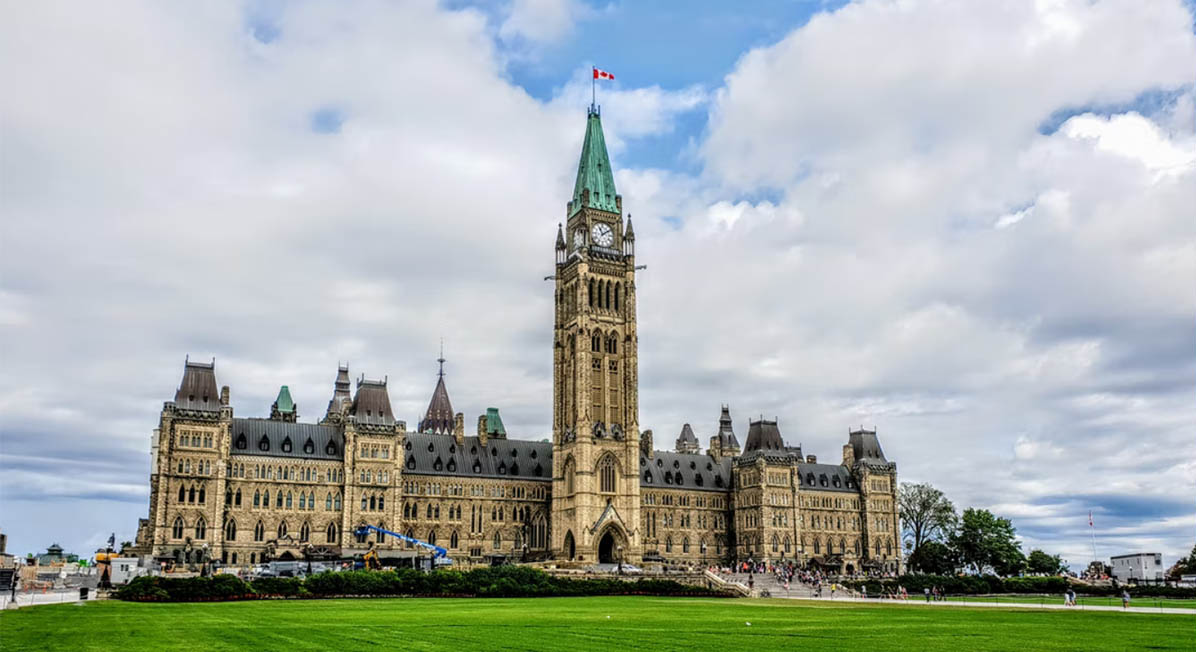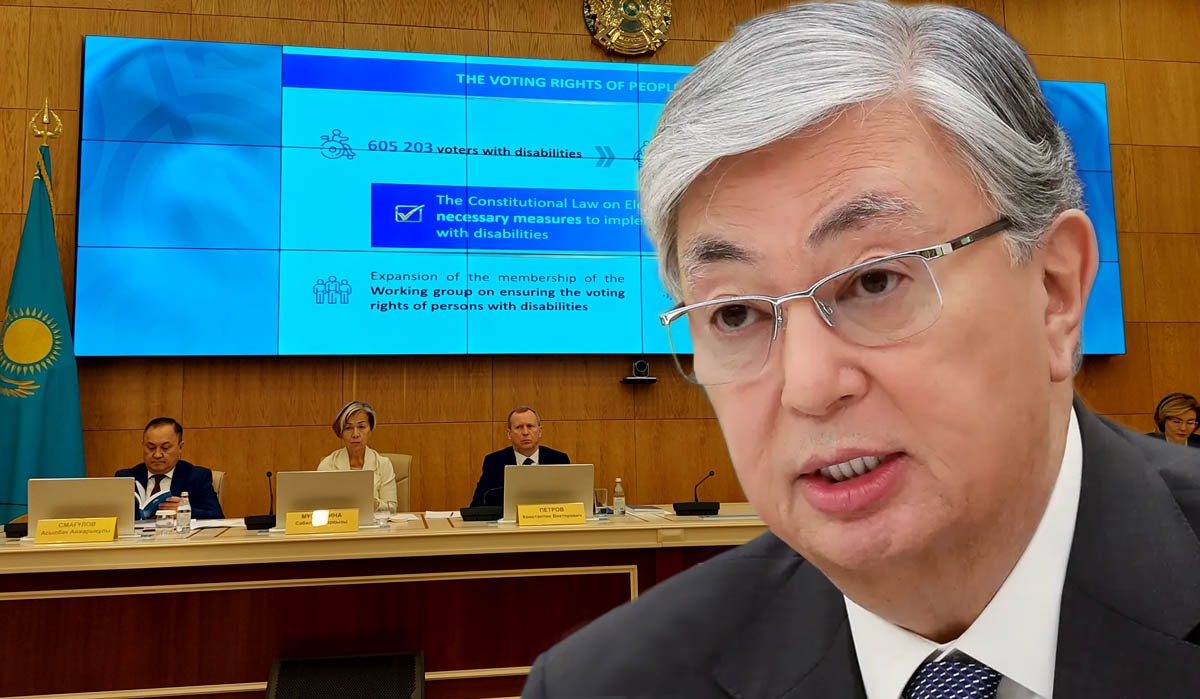
Let’s have a bit of modesty in Government’s ability to solve major problems
There is a yearning in the hearts of Canadians that major issues confronting us will find solutions in our lifetimes. We hope housing may be once again more affordable, food prices will come down, Indigenous peoples will be reconciled, and the world will reduce its carbon emissions so that extreme weather will cease to drench us or heat up our forests and feed wildfires.
Politicians certainly are attempting to tackle these problems and must continue to in a quest to make our lives better. You can’t tell a political leader that they may be unable to fix these huge problems. They have to continue to try. But it’s important to be realistic and ask if we have the resources in a faltering economy under the shadow of a huge debt to succeed in launching a new era of widely shared prosperity. But whatever the reality, the next election will undoubtedly be fought on promises to achieve this kind of turnaround.
Let’s take a hard look at the realities of achieving real solutions to these problems.
Housing. Nobody doubts there is a crisis. In a recent Literary Review of Canada article, David Jones put it bluntly: “Canada has some of the highest housing prices, compared to income in the G7 and leading OECD countries. This has created an affordability crisis that has been negatively affecting the nation’s quality of life and its most vulnerable households.”
Well, we have the Liberal’s National Housing Strategy (NHS). This is s sobering review of its performance from The Parliamentary Budget Office in 2022: NHS showed $37 billion in actual and planned budgetary expenditures over ten years starting in 2018/19, compared to $75 billion in headline commitments. Only one-third ($25 billion) of the claimed $75 billion headline number represents new federal spending.
It is almost impossible to envision any policy that would see a supply of new, particularly affordable, homes built to satisfy the ballooning demands in the foreseeable future. CMHC posits this demand at 5.8 million housing units to restore affordability by the end of 2030. This is 3.5 million units over and above the current pace of new home construction.
Where are the one million immigrants we welcome every year going to live, you may well ask. Certainly, the professionals we are seeking, especially health care staff, won’t be able to afford the much-ballyhooed 1.5 million homes the Ontario provincial government promises to build.
Claudie Hepburn of the Globe reported recently. “A Scotiabank Economics report showed two-thirds of immigrants arrive with university degrees, whereas only one-third of Canadians hold them. Yet two-thirds of native-born, university-educated Canadians are in jobs that require a degree, whereas only one-third of immigrants with degrees are in jobs that require one. In health care, the numbers are almost as bad: More than 60 per cent of internationally trained doctors and nurses are not working in their profession.” So maybe we should moderate our hopes here. Already foreign-trained professionals are living in tents in Toronto.
So Food prices – an issue which parliamentarians in committee have gamely tried to address with little success. This may be one of those intractable post-pandemic trends.
Listen to this expert: Mike Von Massow, a food economist at the University of Guelph, said: “The committee’s questioning of grocery executives amounted to political theatre.” I think there’s almost no evidence that the grocers are taking excessive margins right now,” he said. “It’s easy to blame the grocers because that’s where we’re feeling the pinch.” Trying to solve this one is not a political winner, and prices would best be left to the marketplace.
Will there be any significant breakthroughs in our relationships with an increasingly demanding and powerful Indigenous population? If we look at the action taken on the recommendations of the Truth and Reconciliation Commission, changes are many years from coming.
Eight years after the tabling of the recommendations, AFN National Chief RoseAnne Archibald said, “If we were in a chapter of a book on reconciliation — we are, today, on the first sentence of that book.” At the rate the government is acting, we are estimated to be 42 years from completing action on all recommendations.
In addition, and not much talked about, a truly material change in the relationship would involve the oft-repeated reference by Indigenous peoples to the Royal Proclamation of 1763, which remains for them the official recognition of Indigenous self-government. To really implement what Indigenous people want in this regard would mean significant changes or even the end of the Indian Act. This kind of radical change is not a vote-getter. Unlikely to happen. But our Indigenous brethren will continue to win the PR battle with governments.
So the final big problem we are all focused on is climate change. Will leaders respond to Greta Thunberg’s pleading to take the issue seriously? Will Canada achieve net zero by 2050? And will the world meet the Paris Agreement’s target of less than a 1.5-degree increase in temperature and net zero greenhouse gas emissions in the same periods? So far, there is little evidence that either Canada or the agreement’s signatories will reach those goals. We have to keep trying, however.
A new report by the University of Oxford says that we could blow well past the 1.5-degree goal in a decade and that achieving the Paris goals on carbon reduction will be extremely difficult to meet. As for Canada’s ambitious net-zero goal, the Climate Action Tracker reports: “The government’s own Environment Commissioner released a damning report in November 2021 outlining 30 years of the government’s failure to meet its targets and reduce greenhouse gas emissions.” One only has to look at the Alberta Government’s and the oil patch’s reluctance to address its significant contribution to Canadian emissions to know how challenging future adherence to national climate goals will be.
My advice to political leaders. It would be truly amazing if leaders showed a little modesty when making promises to solve these major problems.
Perhaps it’s time to tell Canadians that they simply may have to get used to reduced expectations and adopt a more modest and realistic approach to what governments can accomplish in improving citizen’s lives and the world’s climate. However, it’s not in the nature of politics to play down what can at least be hoped for. Speeches trumpeting efforts and new policies to tackle these problems will continue. Count on it.









